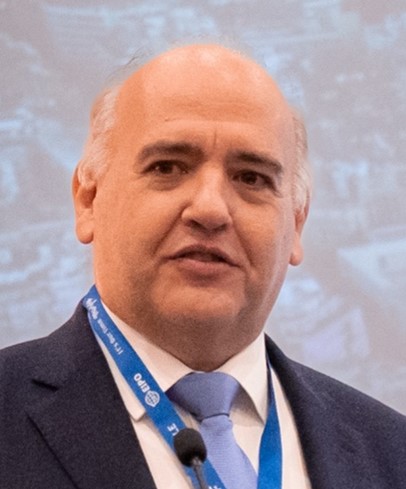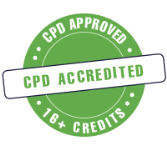
Agustin Argelich
Agustin Argelich, Principal Consultant, Argelich Networks, Telecom Engenieer, Professor at Geneva Bu
Abstract Title: Healthcare Digital Transformation. There is no other option
Biography: Telecom Engineer by the Catalonia Polytechnic University, Professor at Geneva Business School, Abat Oliba CEU University, and Ingenio Leadership School at Lleida University (Barcelona, Spain). The author of Analyze, Act, Advance is a book about building a virtuous cycle of hope, innovation, renewal, and continuous improvement. Principal consultant of Argelich Networks, an independent strategy consultancy boutique for the digital era. Technological Director of the IX Paralympic Games, at the Barcelona 92 Olympic Games project. For almost 40 years, he has led significant digital technology projects for businesses and public organizations. He is an expert in collaboration and telecom infrastructures. Member of the Society of Communications Technologies Consultants International (www.sctcconsultants.org), past Vice President. He is a fellow member of the think tank Intelligent Community Forum (www.intelligentcommunity.org) and is a member of the international jury of the Intelligent Community of the Year award. He is a recognized international speaker in digital technology, innovation, change management, collaboration, and leadership. Before the Olympics, Agustin worked as Telecom Manager in the Asco Nuclear Power Plant and served as a Lieutenant in the Spanish Air Force. He is married to María Eugenia. They have two daughters, four sons, one granddaughter, and five grandsons.
Research Interest: Always, there is a lack of resources on healthcare. That became dramatic when a critical situation, like COVID pandemic, knocks. The good news is that there are available technological and organization tools to help. We are talking about digital transformation. The human body only has one unified communications system, the nervous system, to send information to our brain. It sends any type of information, what we see, touch, feel, etc.. After all the data available has been processed, it sends instructions to any part of the body to act. Similarly, new IP converging networks using IP protocols allow only one wire and wireless network to be implemented to transmit voice, data, video, and control signals from anywhere in the hospital and anywhere a patient is to the data center. After it is analyzed and processed, the information is sent to the person who can make the right decisions. Digital broadband infrastructures also allow critical resources to be shared between distanced hospitals and Tele assistance (e-health) to be implemented at homes. The digital hospital is where a patient is. No more walls. Digital solutions and tools not only optimize investment but also reduce the on-going cost of ICT infrastructures (hard $). However, what’s more, important is that it allows productivity and the efficiency of all hospital and healthcare systems procedures (soft $) to be continuously improved. The implementation of unified communications and collaboration (UC2) tools in healthcare means introducing new methods of communication as an additional element in the workflow of hospital procedures to make them more efficient, i.e. the task is performed properly and successfully without wasting time or energy, reducing late deliveries and the human error introduced by manual or poorly automated procedures. AI helps in the diagnostic and in the process of making decisions. Highly talented human resources, doctors, and nurses are scarce and very expensive; therefore, any digital tool that can help them be more efficient is essential. Implementing digital transformation in healthcare is simply indispensable. The is no other option, for both, developed or developing countries. How can it be done? Do and don’ts. Which are the best practices and lessons learned?
